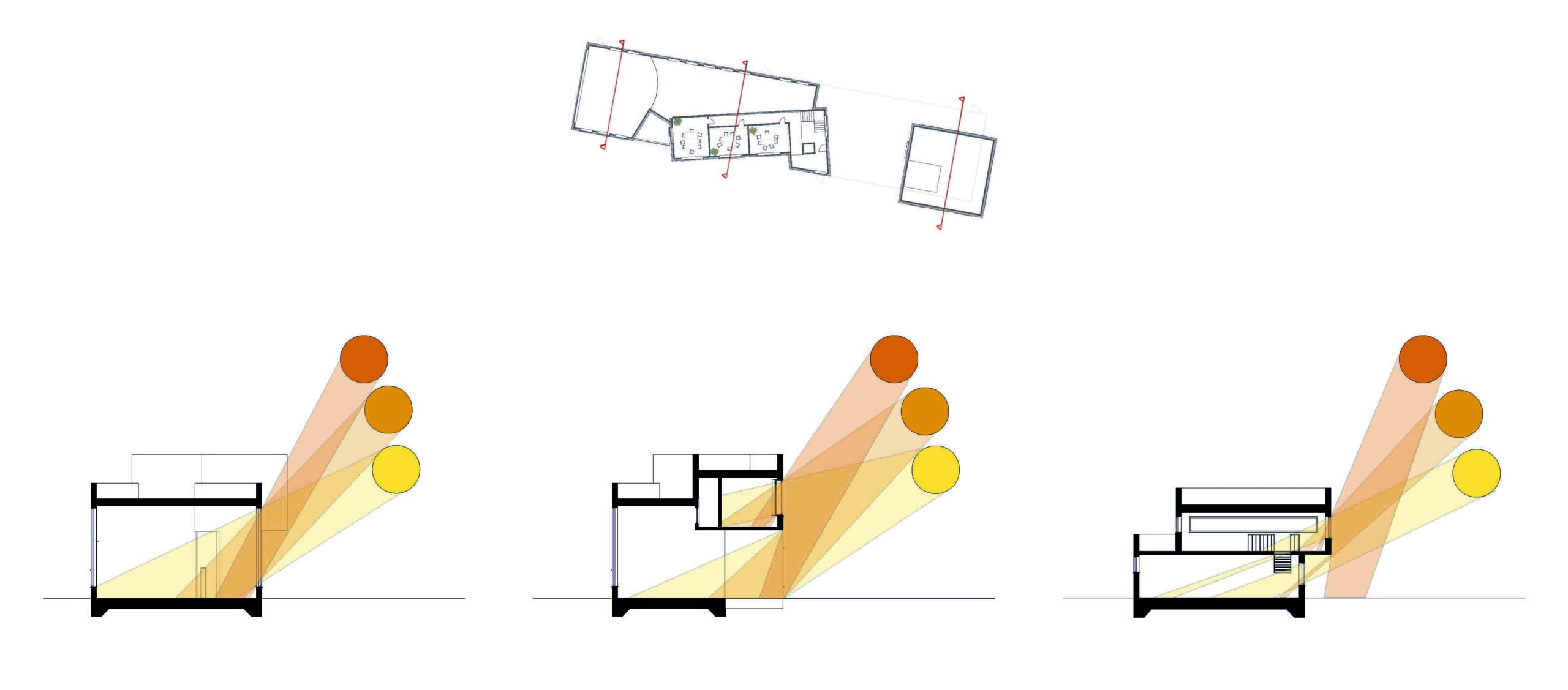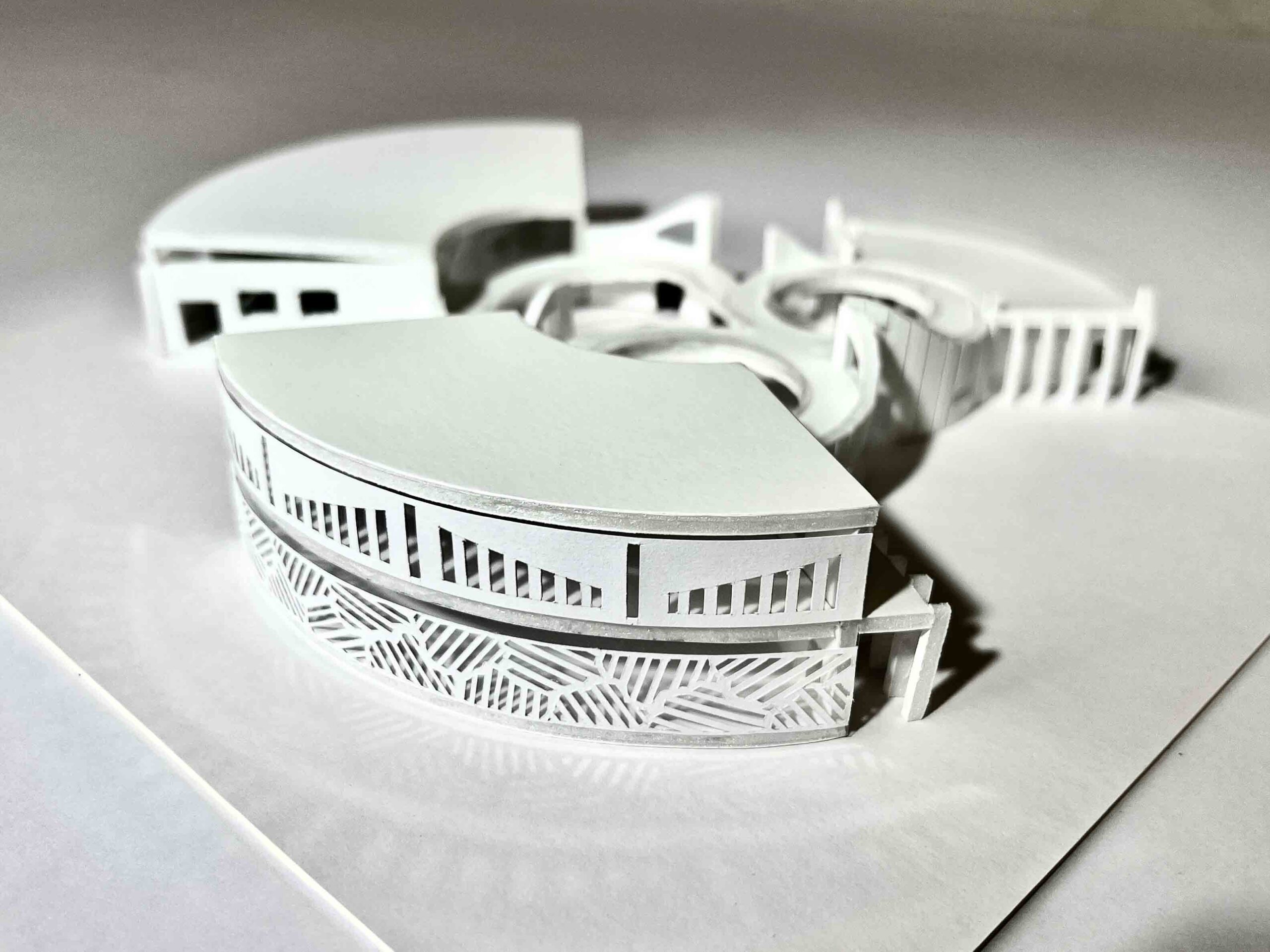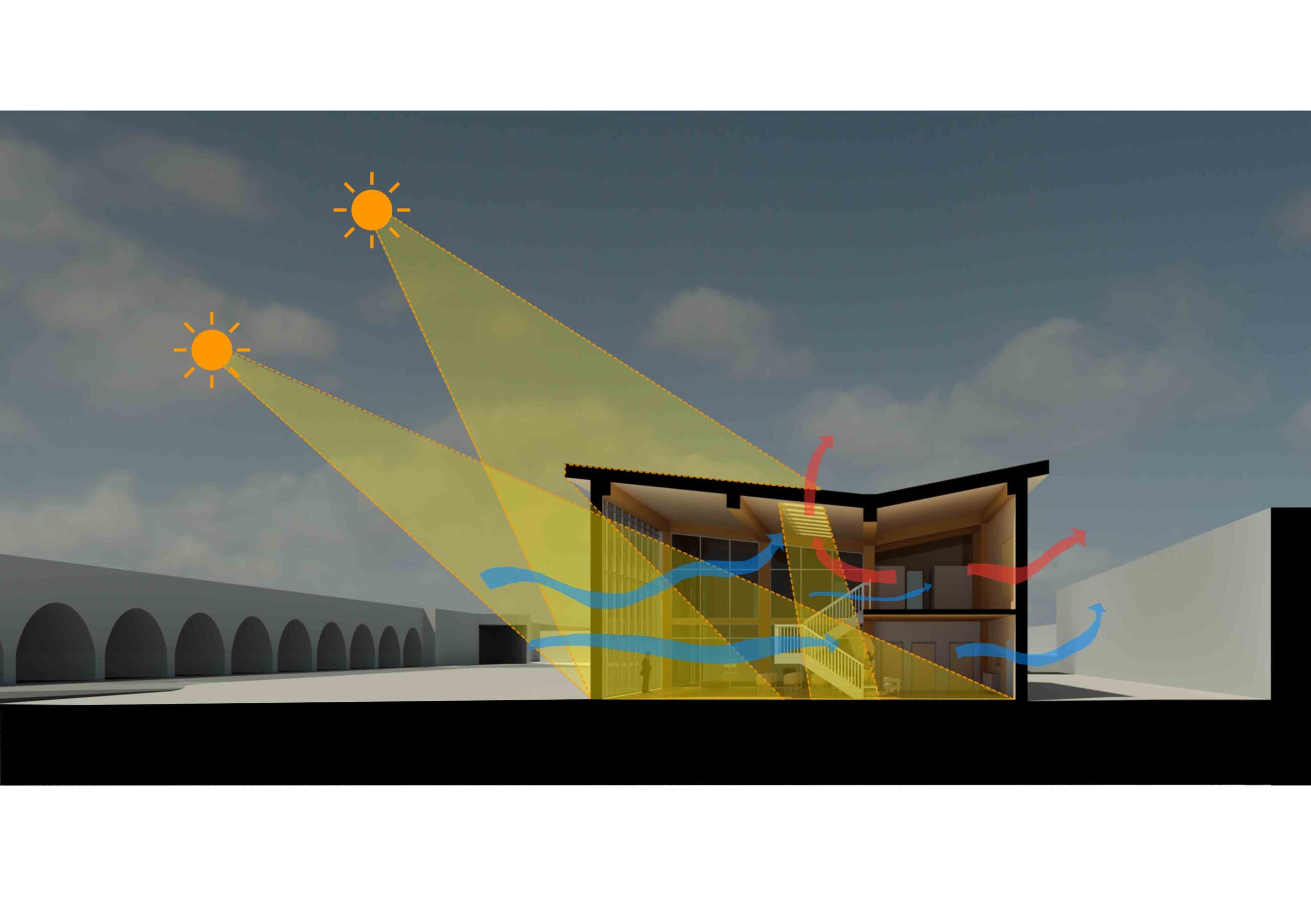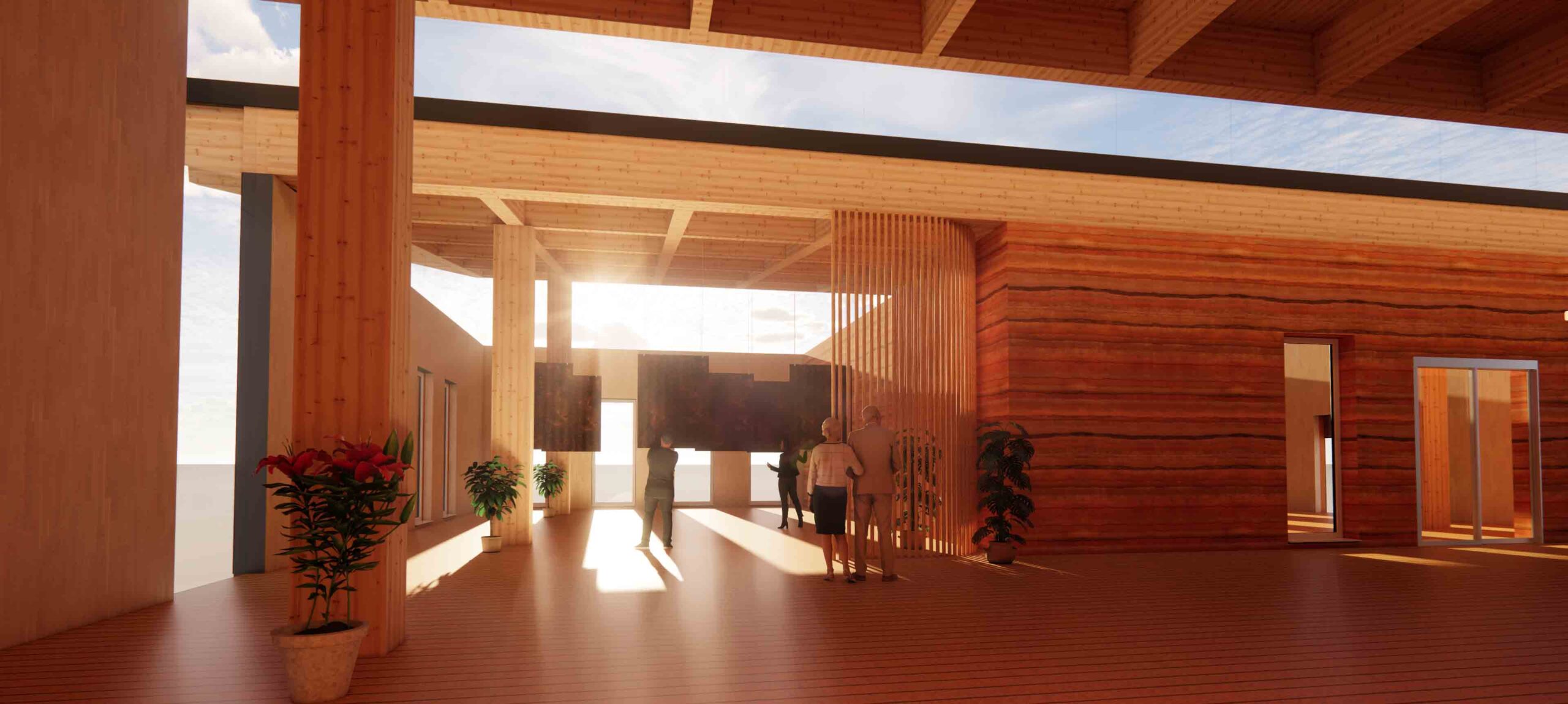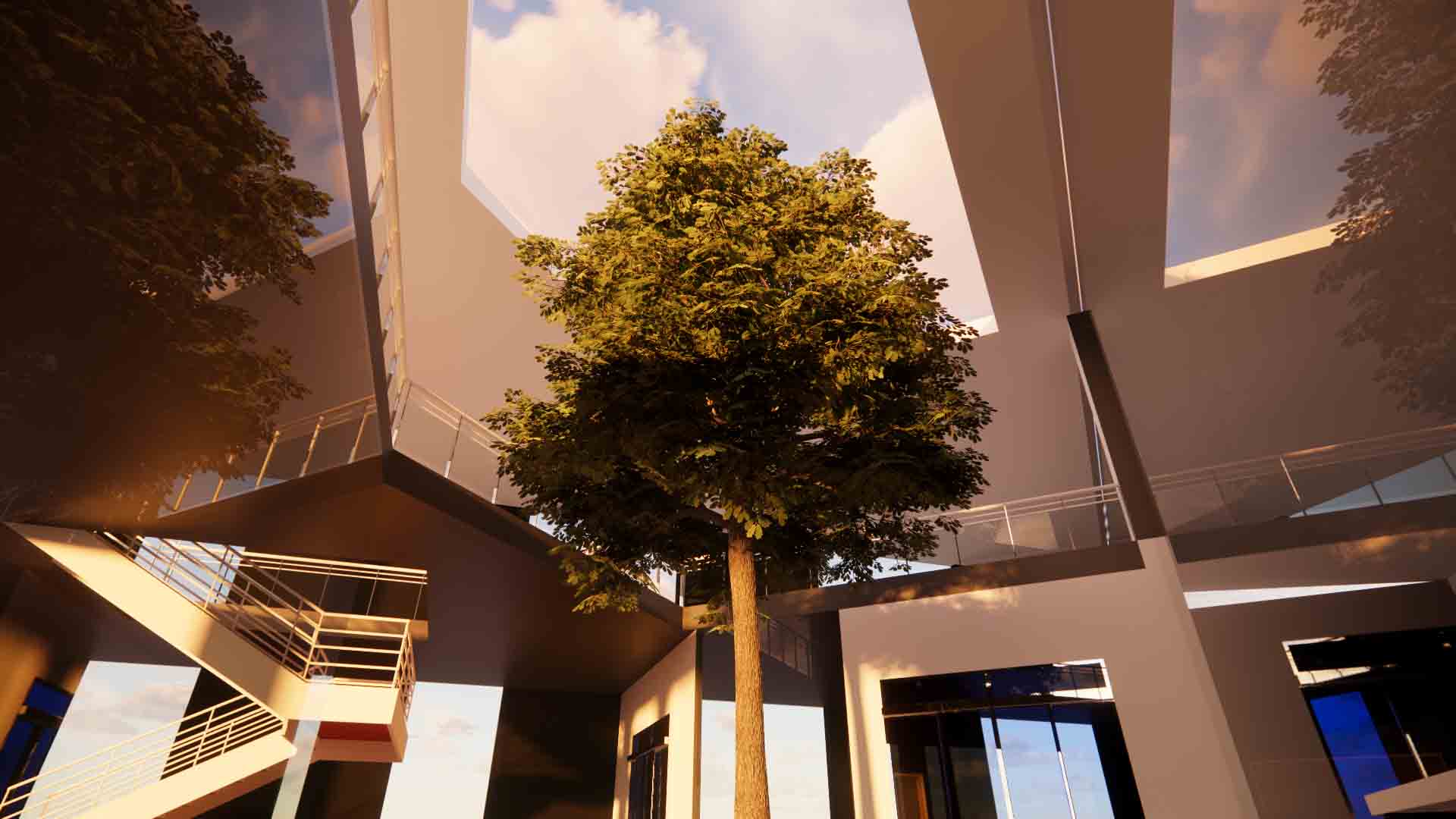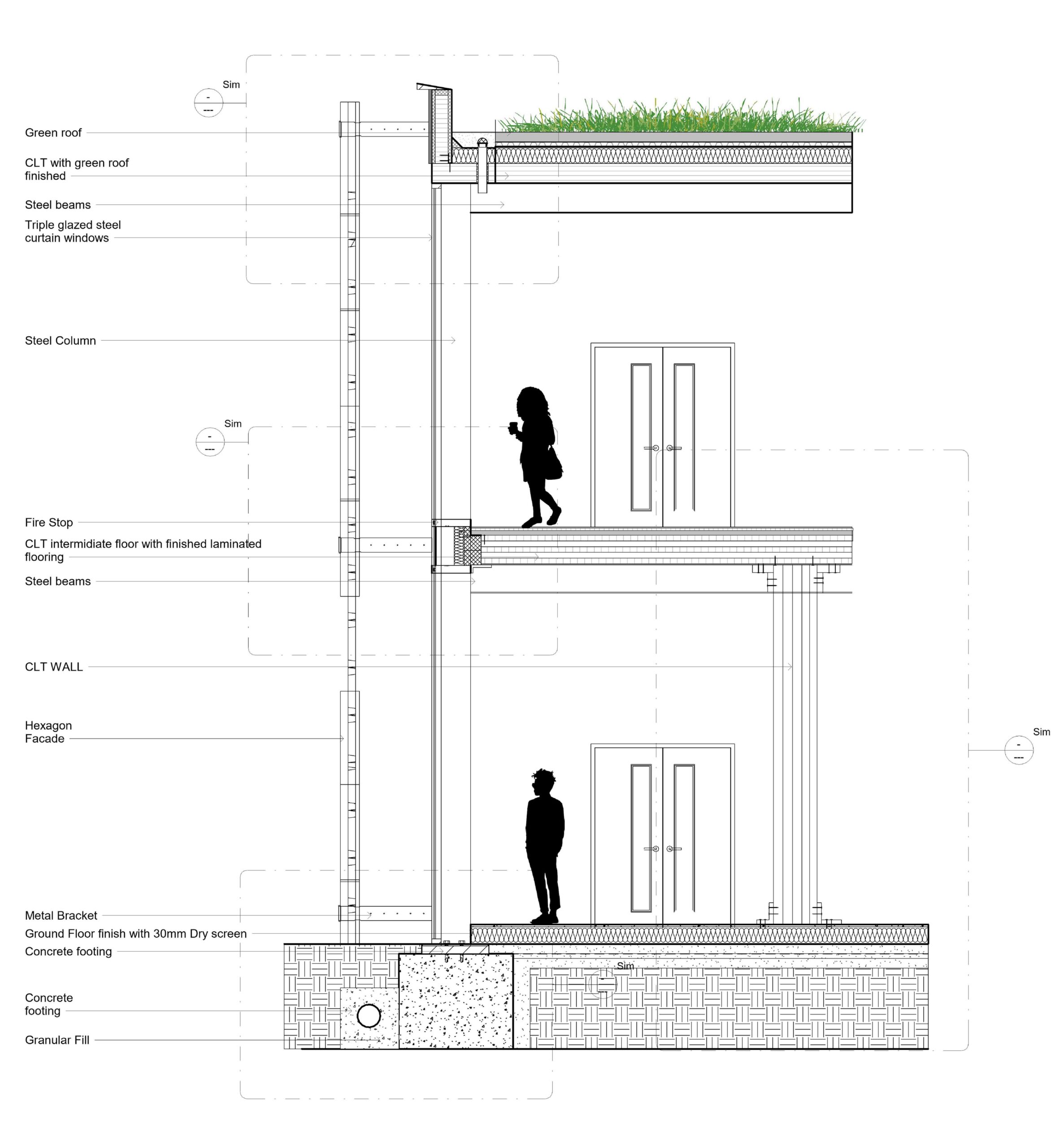BSc Architectural Technology Year 2 BSc Architecture
Tabatha Mills, Adam Thwaites, Wajiha Dadabhoy & Ian Casey
Tabatha Mills is Senior Lecturer at Westminster where she has taught for 16 years. With a plethora of industry experience as a practicing Architectural Technologist, she established her own studio in 2005. Her research interests include passive design in heritage buildings and conservation of historic technical design solutions, and embedding inclusivity into AT education and practice.
Adam Thwaites is a passionate advocate of architectural technology as a distinct profession. Adam is Senior Lecturer and worked for a series of small architectural practices prior to moving into education. His research interests include the use of CLT timber in medium and high-rise building construction, energy efficiency and sustainable construction methods.
Wajiha Dadabhoy is a practicing architect at Rock Townsend within the Higher Education team, working on a variety of education and commercial schemes. Waj brings excellent experience of technical design resolution and professional insight into the studio.
Ian Casey With 25 years’ experience post-RIBA qualification, Ian is a practicing architect and master planner with Pick Everard, working on large-scale projects, contributing technical detailing expertise and a robust knowledge of technical design requirements to his studio teaching.
Perfect Plastics, Bermondsey
Students: Maryam Aboo, Ayomide Adesina, Jeremiah Adjepong, Abu Ahmed, Maisha Ahmed, Hamzah Awni, Marian Babuca, Aman Bansal, Rayan Bawa, Essa Bhatti, Tonette Bjolgerud, Molly Creighton, William Crosbie, Salma Elkoni, Sid Grezda, Laraib Kazmi, Mili Limbad, Harvey Lyward, Ethan Mak, Kate McDonald, Neelam Nandra, Angelica Nicolini, Damoon Nikooyan, Riaz Rahman, Nabeel Rizvi, Goldie Soora, Brunilda Spahiu, Akiva Spector, Angela Tamoush, Aakifah Uddin, Ishaq Uddin, Qiyuan Xue, Maariyah Youb
This year, the AT2 cohort worked alongside the 3rd year AT students in a Vertical Studio, creating an opportunity to share research, develop a breadth of skills, and ultimately to produce individual conceptual design and technical solutions for their main design project.
The facility is a research and development campus for the Precious Plastics organisation, accommodating recycled plastic manufacturing with ancillary space for offices, workshops and a showroom for visitors at a site in Bermondsey, London.
The brief focuses on regenerative materiality and construction to minimise associated embodied and operational green house gas emissions, enhancing the biodiversity of the site, while avoiding materials with polluting manufacturing processes, utilising natural lighting and ventilation, and incorporating rainwater harvesting.
In synopsis with the Technologies of Architecture 2 module, students sought to understand passive design principles within their designs, by creating physical detailed models to test and critically analyse their proposals.
Archive of Architectural Technology Year 2’s work from previous years:
BSc Architectural Technology Y2 2016-2017
BSc Architectural Technology Y2 2018-2019
BSc Architectural Technology Y2 2019-2020
BSc Architectural Technology Y2 2020-2021
BSc Architectural Technology Y2 2021-2022
BSc Architectural Technology Y2 2022-2023











